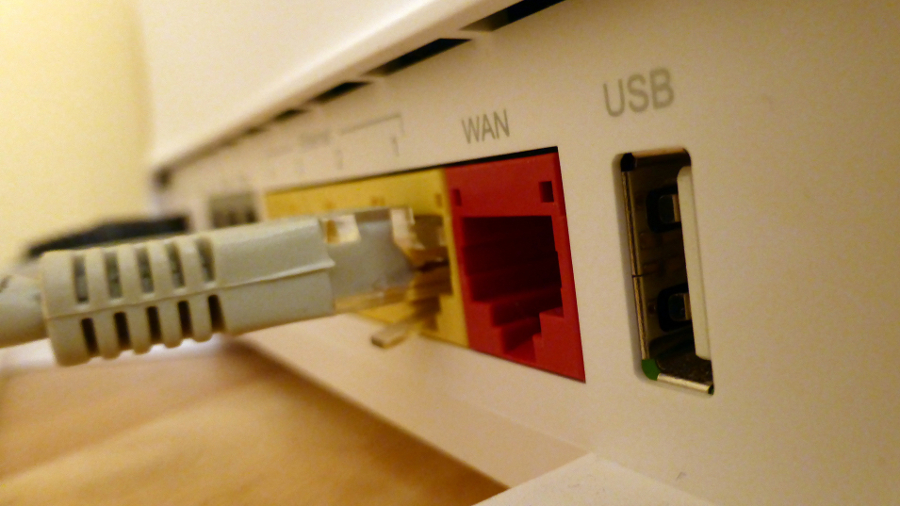Deceptive broadband adverts will soon be a thing of the past
Find broadband deals confusing? They'll soon be much clearer

Sign up for breaking news, reviews, opinion, top tech deals, and more.
You are now subscribed
Your newsletter sign-up was successful
The Advertising Standards Authority (ASA) is to clamp down on ISPs using what it calls misleading practices in advertising broadband deals, such as not including line rental in the headline figure for the cost of the package.
You'll likely be familiar with this sort of thing, where the line rental cost will be stated separately, perhaps in smaller print, and maybe towards the bottom of the ad, even though it's an integral part of the deal. This won't happen come the autumn though, as the ASA is banning the practice from October 31.
The ASA observed that ISPs often separate out different elements of the cost of a broadband package in advertising – not just the phone line rental charge, but also one-off costs like router delivery, and the length of the initial introductory discount period and total contract length (with post-discount costs) often aren't made clear enough.
Basically, ISPs are trying to make the headline fee emblazoned at the top of the ad as temptingly cheap as possible, but the ASA's research shows that consumers are being confused as a result, and are finding it difficult to work out the true cost of a broadband deal.
In a survey, the ASA found that 81% of those involved failed to correctly calculate the total cost of a broadband deal.
The ASA stated that the new measures mean that ISPs will have to "show all-inclusive upfront and monthly costs" and not separate out line rental, and give greater prominence to both any upfront costs, and the contract length along with post-discount period pricing.
Bad habit
TalkTalk has already come forward to say that it will stop putting line rental as a separate charge, and will start moving towards having just a single all-in monthly cost in its adverts.
Sign up for breaking news, reviews, opinion, top tech deals, and more.
Tristia Harrison, Consumer Managing Director for TalkTalk, commented: "As long as line rental and broadband are priced separately, the temptation to advertise deals in this way will always be there. But it's time for providers be honest about this – it's a bad habit we have all been guilty of, it doesn't serve customers well and it's time it stopped.
"That's why we agree with the Government, the consumer groups and the ASA; and why we called on the regulator, Ofcom, last year to address the problem."
Dan Howdle, telecoms expert at Cable.co.uk, noted that the measures need to go further still. He observed that: "Even including line rental in the headline price, providers can and will continue to offer broadband deals that are, say, £22.50 per month for the first six months, then £34.50 for the next twelve, have internet security that's free for a month, then £3 per month for 17 months, have unlimited anytime calls that are free for three months then £5 per month for 15 months, a £35 one-off installation fee, a £15 line connection fee, a £1.89 fee for using your debit or credit card, and £6.99 for the postage of your router.
"[This] practice – known as compound pricing – was outlawed in the air travel industry by the EU's top court in January of 2015. It is recognized as a misleading and disingenuous way to sell a product – luring customers in with cheap headline prices they simply won't be paying at the till."
He concluded: "It's about time the banning of compound pricing practices was extended to providers of broadband, TV and phone packages."
Image Credit: Sean MacEntee (Flickr)
Darren is a freelancer writing news and features for TechRadar (and occasionally T3) across a broad range of computing topics including CPUs, GPUs, various other hardware, VPNs, antivirus and more. He has written about tech for the best part of three decades, and writes books in his spare time (his debut novel - 'I Know What You Did Last Supper' - was published by Hachette UK in 2013).